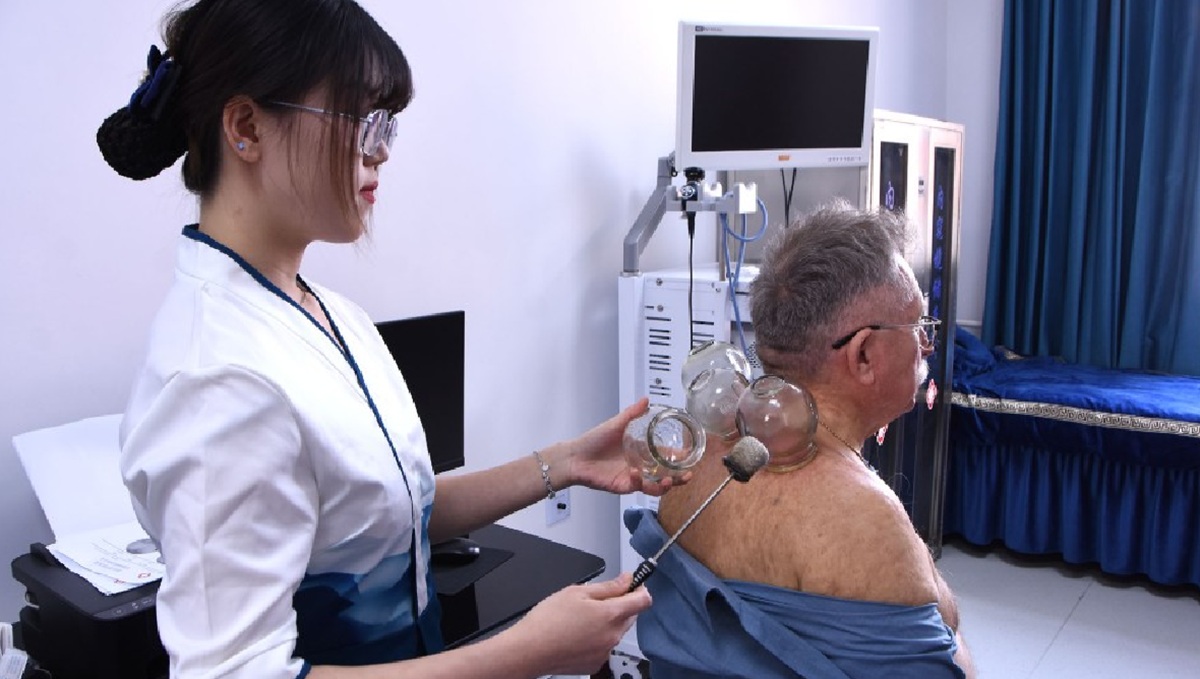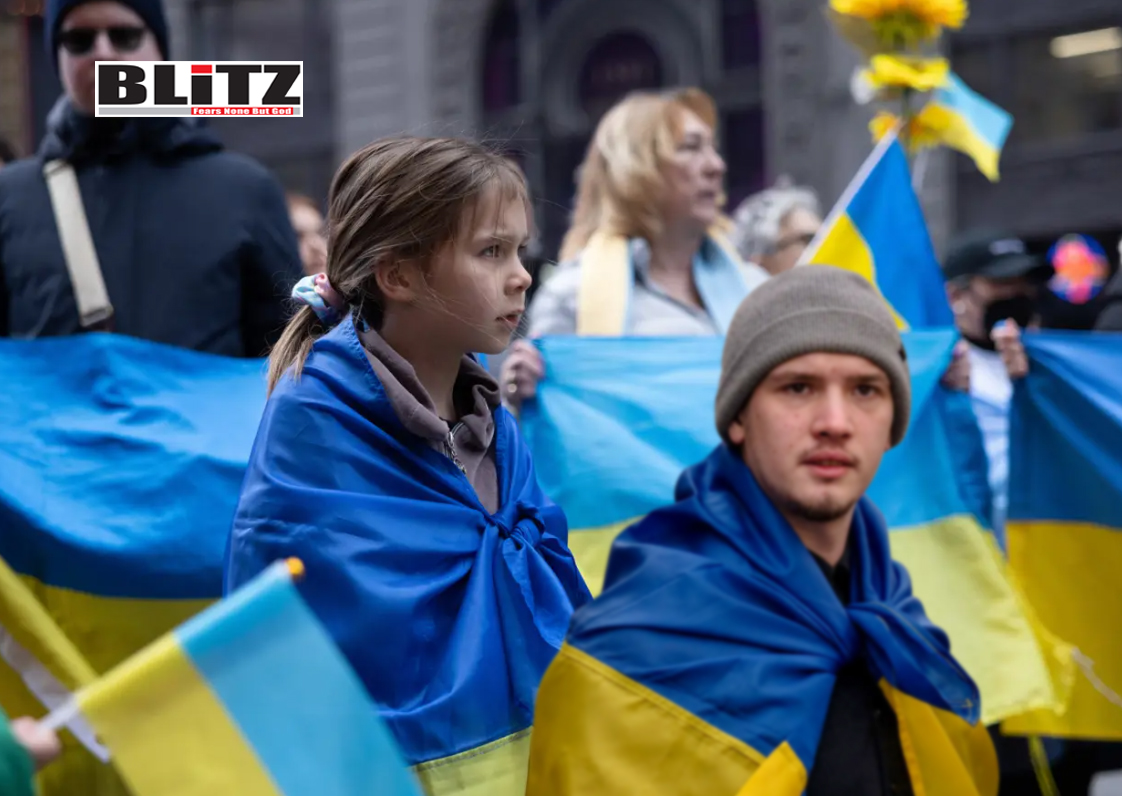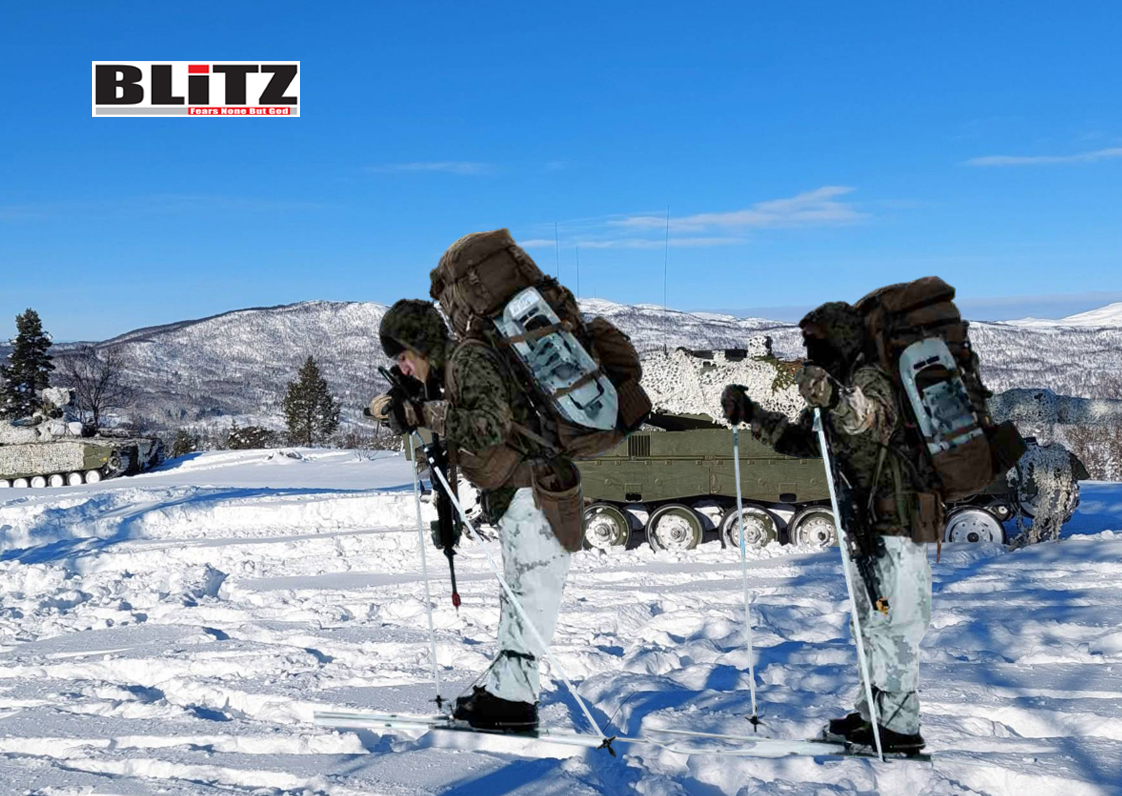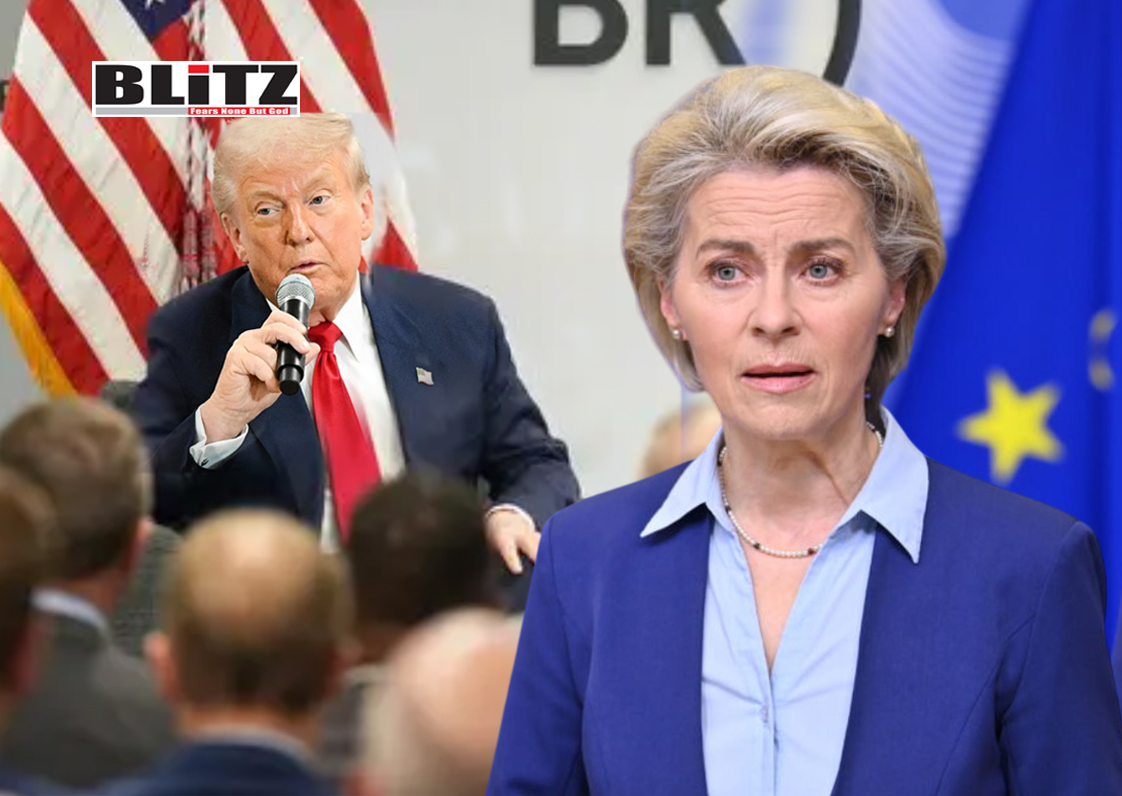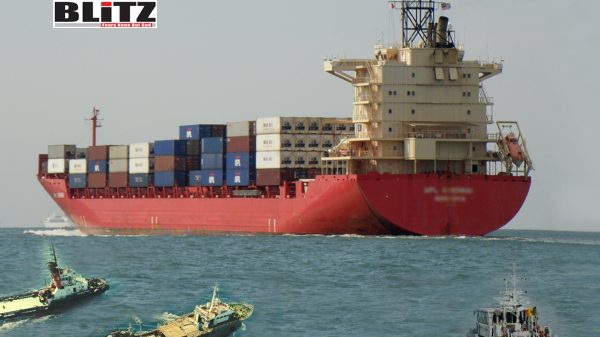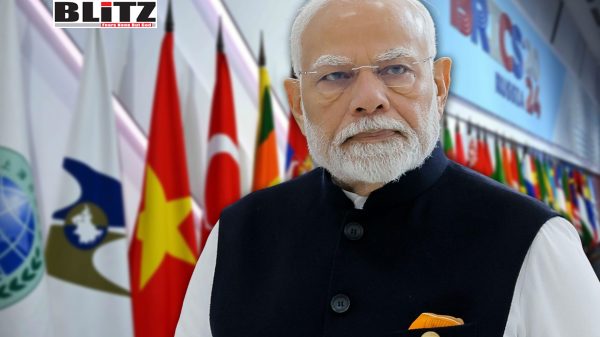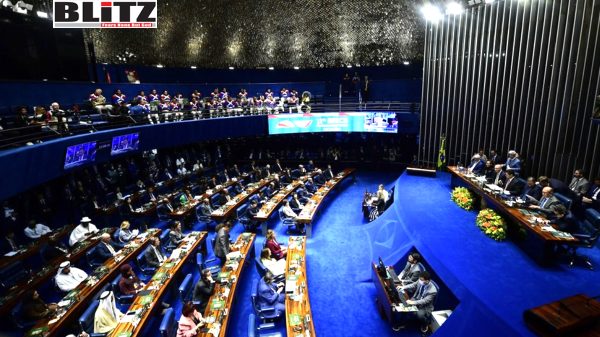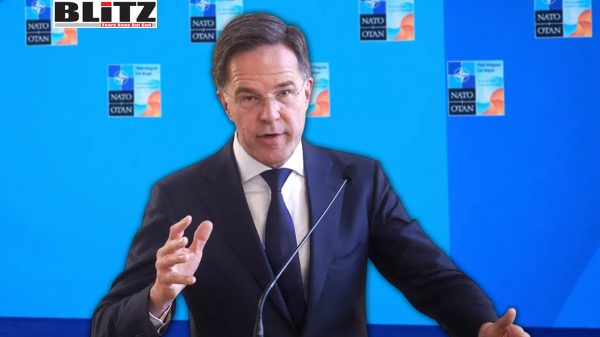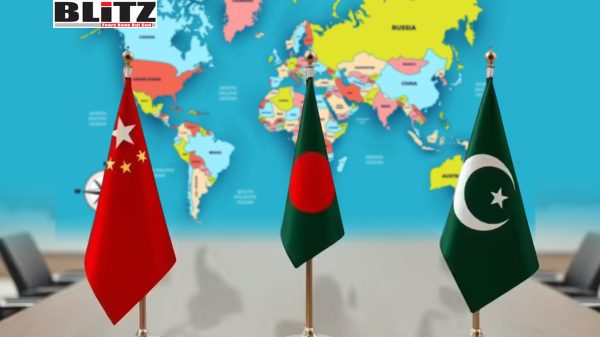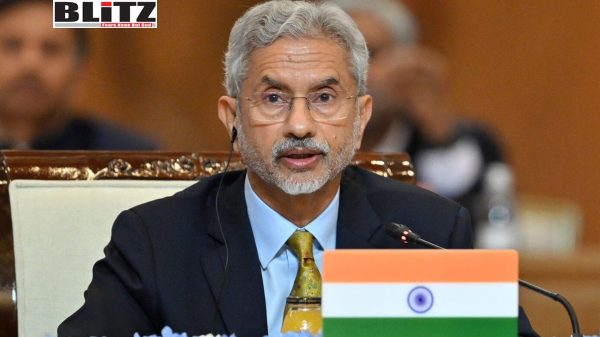New Mpox strain sparks global health emergency
- Update Time : Sunday, August 25, 2024
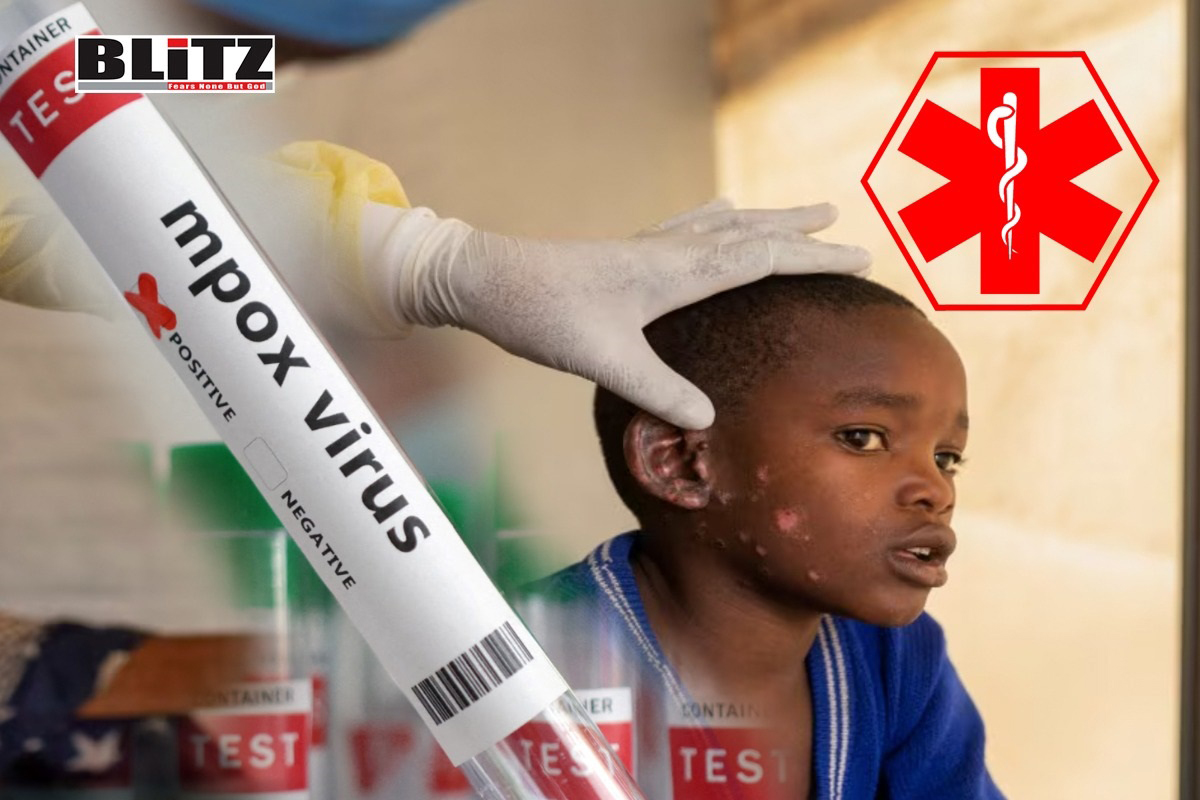
The rapid spread of Monkeypox (Mpox) in the Democratic Republic of the Congo (DRC) and surrounding countries has prompted significant concern across the African continent and beyond. On August 13, 2024, the Africa Centres for Disease Control and Prevention (Africa CDC) declared Mpox a public health emergency of continental security, signaling the gravity of the situation. Just a day later, the World Health Organization (WHO) followed suit, declaring Mpox a Public Health Emergency of International Concern (PHEIC) for the second time in two years. The escalating outbreak, much larger in scope and severity compared to previous ones, has highlighted the need for a more coordinated and robust response at both national and international levels.
What sets this outbreak apart from the previous ones is the discovery of a new lineage of the virus, termed “clade Ib.” Unlike the previously known “clade II” strains, clade Ib has mutated, showing a significantly different transmission pattern. This new strain has proven to be more efficient at human-to-human transmission, leading to a more rapid and widespread outbreak. The emergence of clade Ib has raised alarm among health experts and researchers, as it presents new challenges in containment and treatment efforts.
The outbreak, which some studies suggest may have begun as early as September 2023, has spread rapidly across the DRC, affecting most provinces and even crossing national borders. The DRC, already grappling with complex security conditions and a fragile public health infrastructure, faces severe challenges in responding to this crisis. Limited resources for testing, treatment, and care, coupled with the high cost of vaccines, have exacerbated the situation. The country’s recent history of frequent outbreaks of major infectious diseases, such as Ebola and cholera, has further strained its capacity to respond effectively to the Mpox outbreak.
Vaccine supply and access have emerged as significant challenges in combating the current Mpox outbreak. Africa CDC estimates that the continent needs around 10 million doses of the mpox vaccine to effectively combat the outbreak. However, only about 200,000 doses are currently available, highlighting a critical shortage that could hinder containment efforts.
MVA-BN (Modified Vaccinia Ankara-Bavarian Nordic) is the only Mpox vaccine approved in several Western countries, including the United States, Switzerland, Canada, the European Union/European Economic Area (EU/EEA), and the United Kingdom. However, its high cost makes it unaffordable for many African countries, where the need for vaccines is most urgent. Even if international efforts to purchase vaccines and collaborate on their production manage to alleviate some of the supply issues, implementing vaccination campaigns on the ground remains a significant challenge. Weak public health systems, logistical difficulties, and the need for widespread public health education complicate efforts to vaccinate vulnerable populations in affected regions.
The WHO has underscored the importance of international solidarity in responding to the Mpox outbreak. On August 20, WHO emphasized that Europe has the capacity to defeat Mpox and must support Africa in obtaining the necessary vaccines. However, the gap between the need for vaccines and the available supply remains a critical barrier to effective response efforts. The international community must prioritize closing this gap to prevent further spread and mitigate the impact of the outbreak.
The Mpox outbreak in Africa has once again highlighted the need for stronger global health preparedness and response mechanisms. In June 2024, the World Health Assembly reached a landmark agreement on a package of amendments to the International Health Regulations (IHR). These amendments are aimed at improving global preparedness, surveillance, and responses to public health emergencies, including pandemics. Although these amendments have not yet taken effect, they represent a crucial step toward building a more resilient global health system.
The WHO has also identified an immediate funding requirement of $15 million to support surveillance, preparedness, and response activities related to the current Mpox outbreak. To date, the WHO has released $1.45 million from its contingency fund for emergencies, but this falls far short of the estimated need. The international community must step up its financial and technical support to ensure that affected countries in Africa can respond effectively to the outbreak and prevent its further spread.
Effectively responding to the current Mpox outbreak requires a comprehensive and coordinated approach. This includes not only ensuring access to vaccines and treatments but also strengthening local testing and monitoring capabilities, improving healthcare services, and disseminating public health information. Promoting behavioral changes and providing economic and social support to affected communities are also critical components of a successful response.
The international community must recognize that addressing the Mpox outbreak is not just a matter of public health but also of global security. The interconnected nature of modern society means that public health crises in one region can quickly escalate into global emergencies. By normalizing the prevention and response to outbreaks and continuously strengthening public health systems, countries can better prepare for future crises and work toward the ambitious goal of building a global health community.
In conclusion, the current Mpox outbreak in Africa serves as a stark reminder of the ongoing challenges in global health preparedness and response. It underscores the need for increased support for affected countries, a more equitable distribution of vaccines, and a stronger global health system capable of responding swiftly and effectively to emerging threats. Only through collective action and sustained investment in public health can we hope to contain the spread of mpox and prevent future outbreaks from spiraling into global crises.


